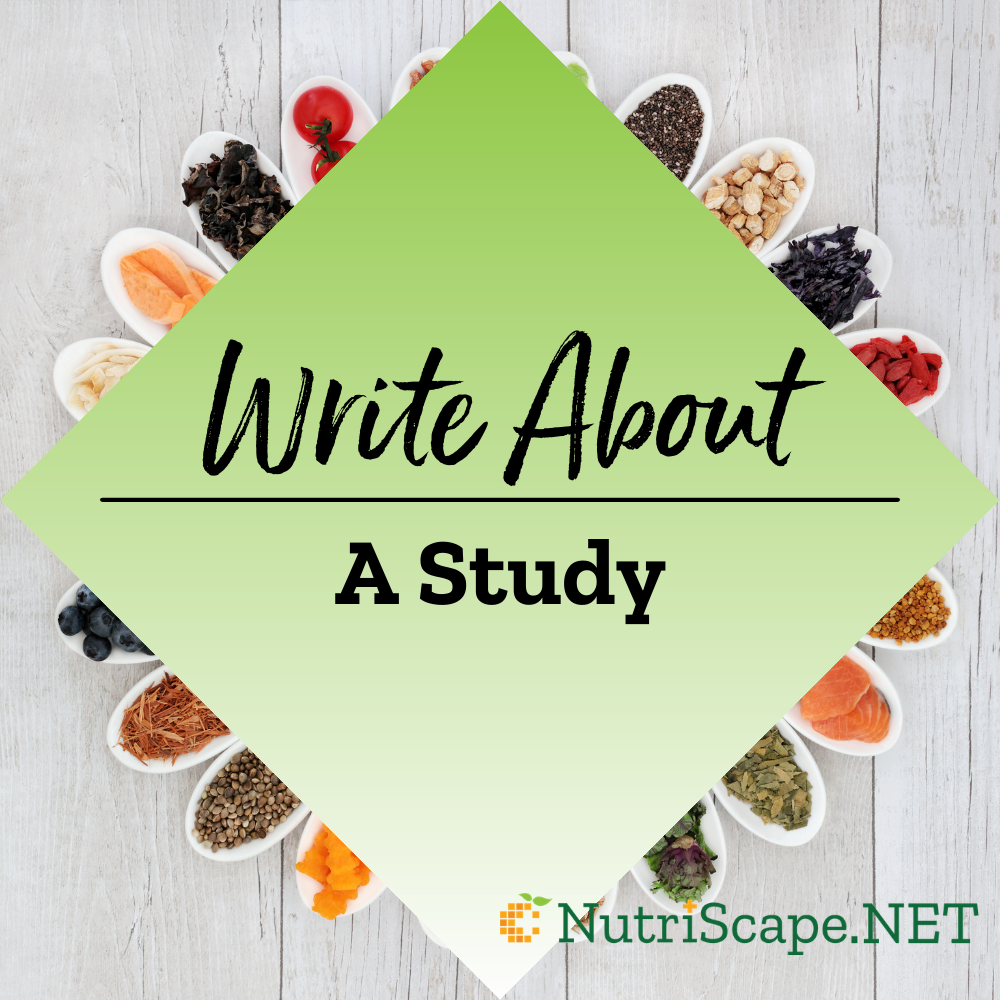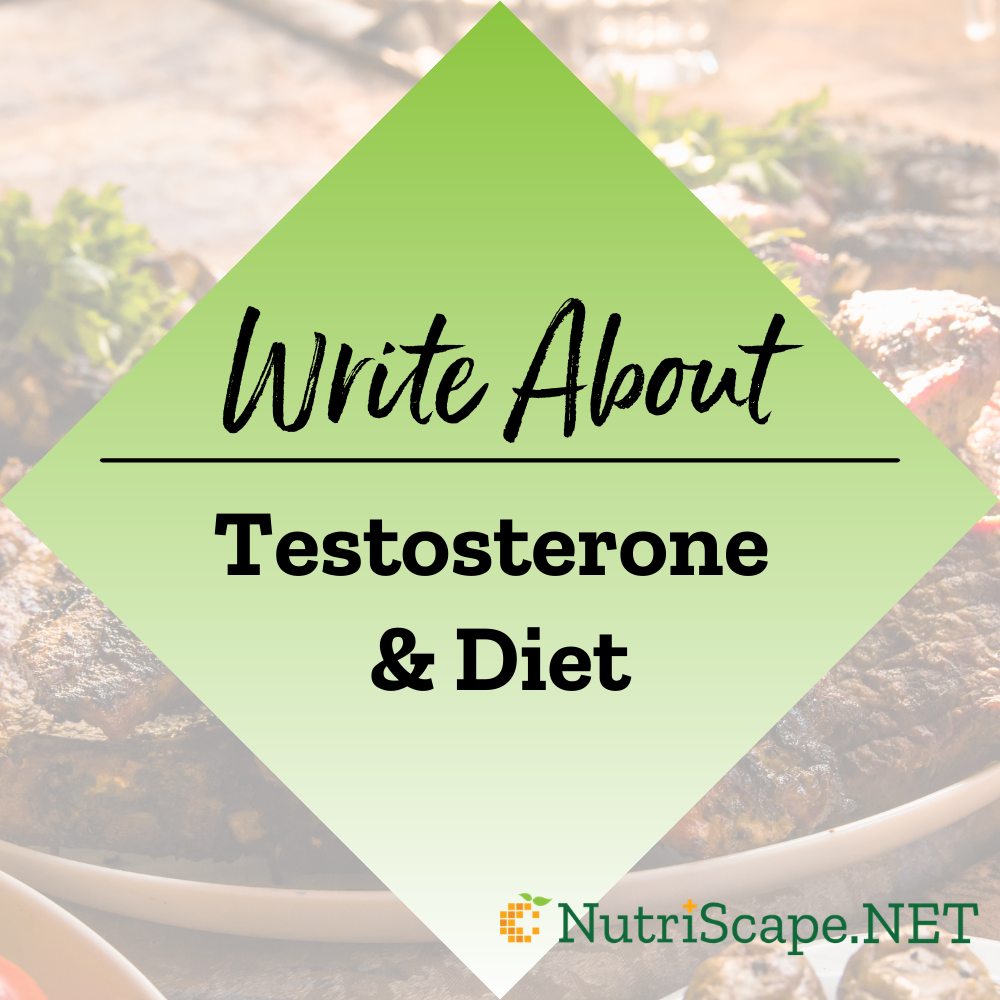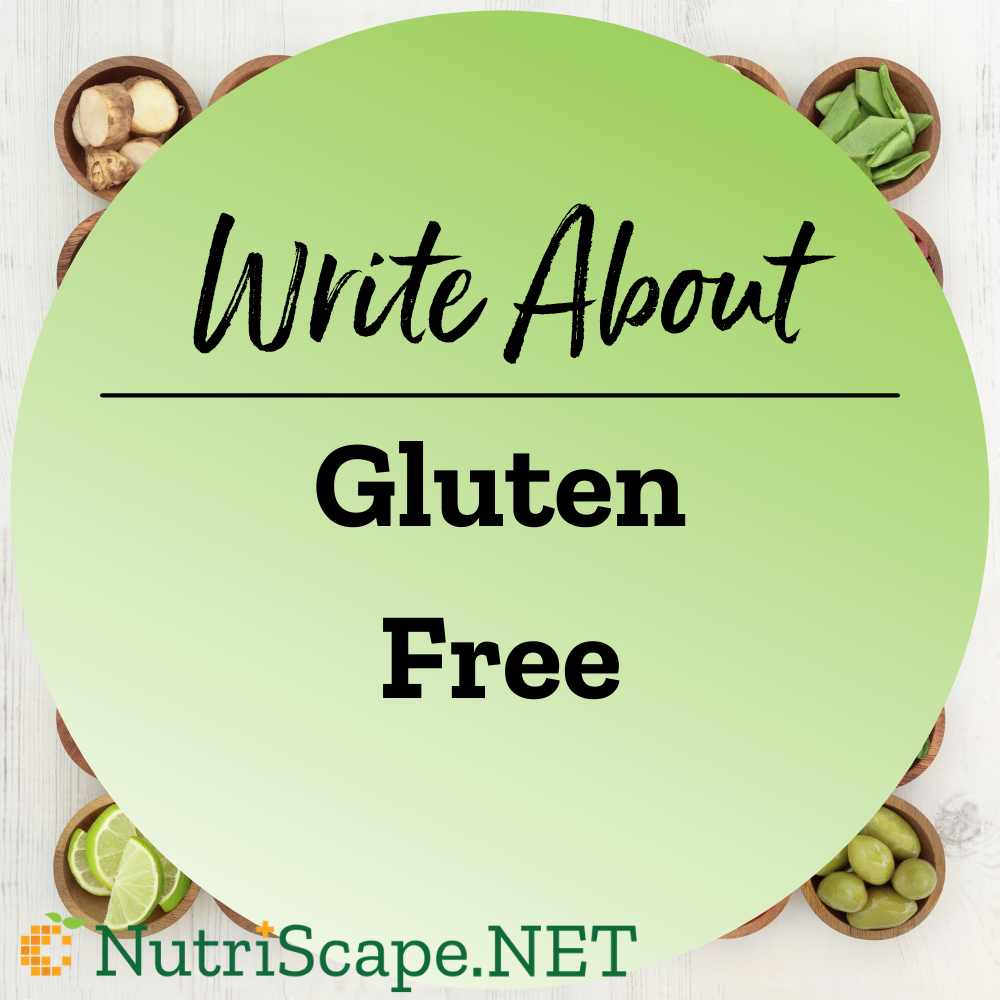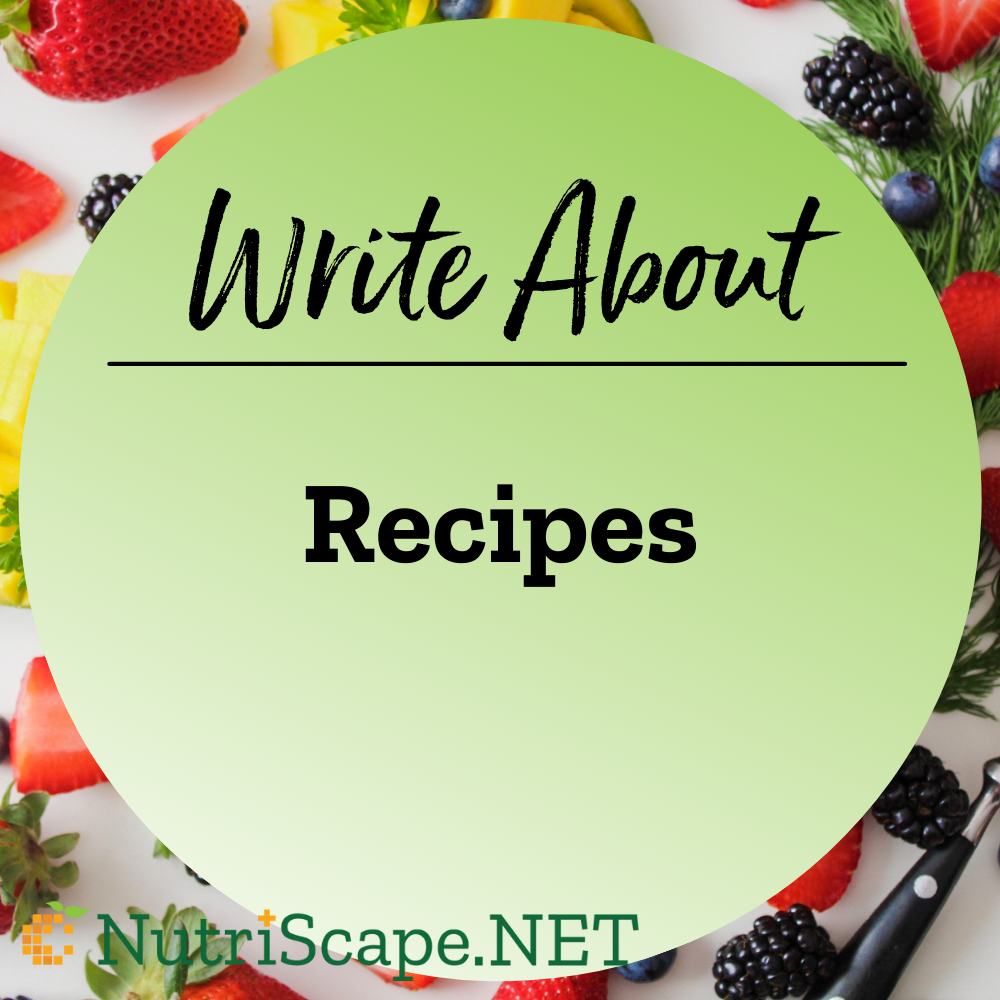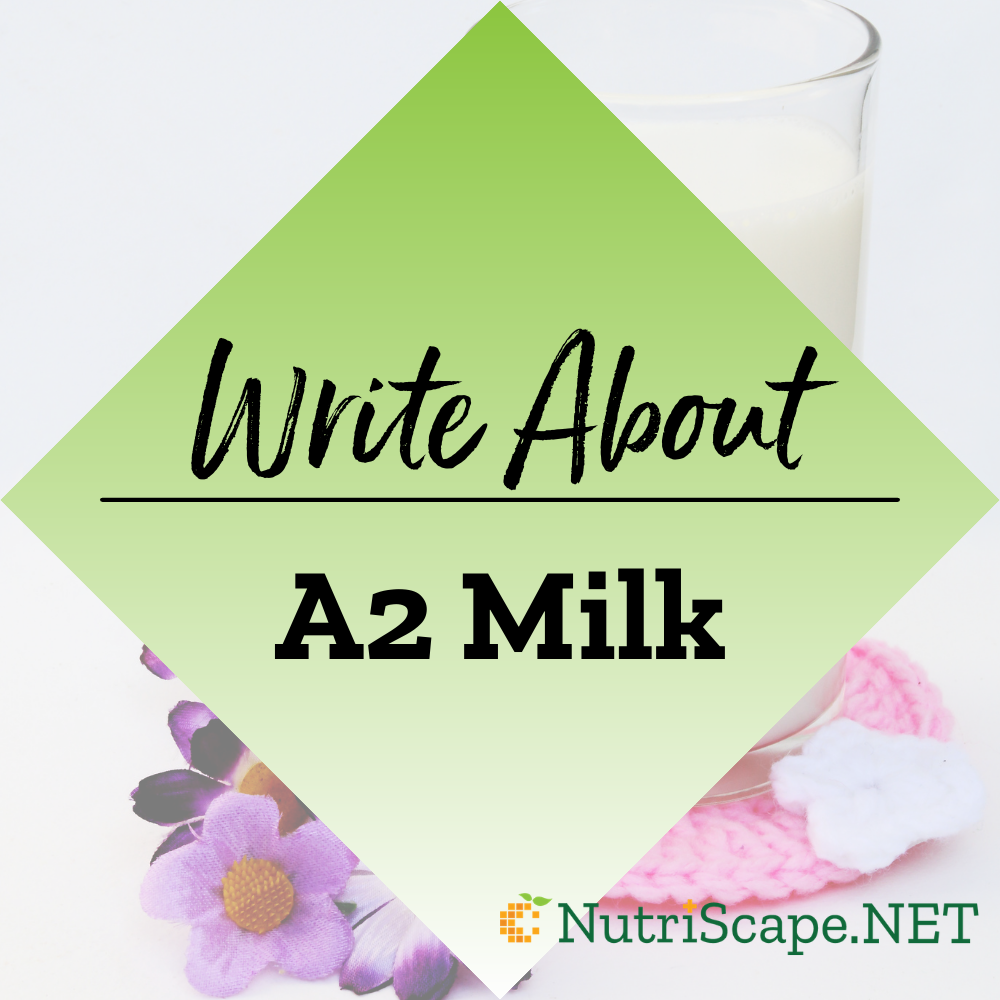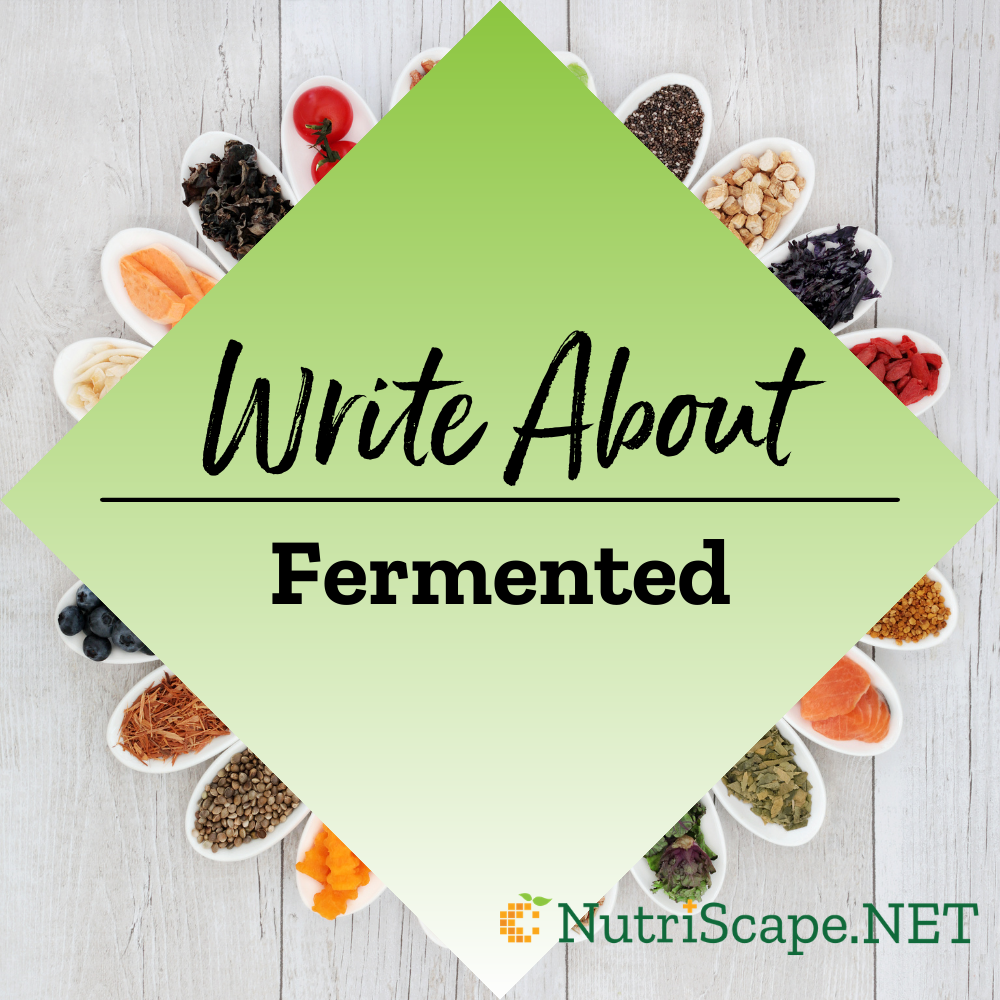
Many experts have debated the effect of dairy on cardiovascular health. A recent study in Finland has shown that consuming a particular type of dairy, namely fermented dairy, may actually have a protective effect against heart disease.”
Source
Your writing adds immense value to The NutriScape Project’s educational mission and places our writers as experts in the field. It can deliver you attention from your perfect clients so that they can connect—that’s what it’s all about. But first, let’s make sure this article is going to get the attention it deserves.
When Google Likes Your Article, Clients Find You
We want to make it easy to write great articles that get awesome levels of traffic. That requires SEO. SEO is the art and science of getting found on Google. It is a highly technical topic that most dietitians prefer not to tackle. And SEO is best done before any writing even takes place.
Our specialist dietitian has already done much of the SEO work for you–researching and testing out the best keywords and heading structure to include to make your article show up in internet searches.
Keywords:
Coming up with the best keywords is tricky. Many of the keywords we would normally think of having either too much competition or too little search traffic. You will want to use the keyword/keyphrase in the first paragraph of your article and several more times.
According to our research, these are the best keyword(s) or keyphrase(s) to include in your article:
- Does dairy reduce risk of heart disease?
- benefits of fermented foods
- are fermented foods good for your heart
Suggested Headings
Readers love easy reading! Google looks for readability and scanability, so headings are important. Headings make your article easy to scan and can also break up long blocks of text that tend to overwhelm your readers.
During the keyword research process, these heading ideas came up in the top-rated articles and searches. If these headings fit the topic you are writing about and the article you want to write, they would probably help the article rank well in Google searches. They are only suggestions, so if they don’t fit what you are writing, you will want to create something better. Here are the headings our SEO dietitian suggested for this article:
- Fermented dairy products can protect you from heart attack
- Cardiovascular Disease and Milk Products
- What Are the Benefits of Fermented Foods?
- Can Fermented Dairy Products Protect Against Heart Attacks
Planning And Writing Your Article- With 1 Free CEU!
Although all dietitians are well-versed in academic writing, it can be a challenge to organize our vast knowledge in a way that hits the right chord for readers on the web. Before you sit down to write your epic article, save yourself some time by investing an hour in learning the basics of a solid writing process that can help you create your very best work.
We’ve scoured the internet for the best practices on writing and distilled the information to meet the needs of NutriScape writers. In our 1-hour CEU presentation, “Copywriting Skills for the Internet”, we discuss a structured process for each phase of writing and cover critical SEO principles that are key to getting articles found on Google.
This writer’s guide is a resource that will be sure to help as you organize your thoughts:


 Scan Me!
Scan Me!
